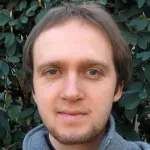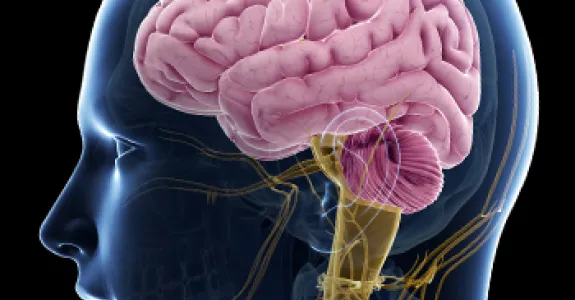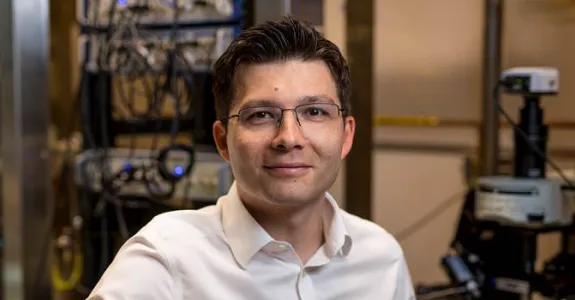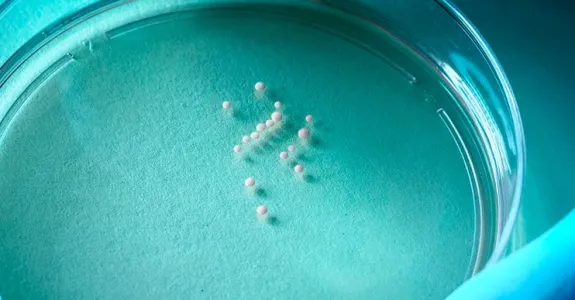
A critical challenge in understanding the intricate programs underlying development, assembly and dysfunction of the human brain is the lack of direct access to intact, functioning human brain tissue for detailed investigation by imaging, recording, and stimulation. To address this, Dr. Sergiu Pasca's lab is developing bottom-up approaches to generate and assemble, from multi-cellular components, human neural circuits in vitro and in vivo.
Dr. Sergiu Pasca's lab is using pluripotent stem cells derived non-invasively from human individuals to generate in a dish specific regions of the human brain in a functional 3D preparation they have developed. They are using months-to-years long ‘brain-a-dish’ cultures (also known as brain region-specific organoids or spheroids) to understand how neurons find their final position in the brain and how they mature functionally. The Pasca lab employs state-of-the-art stem cell biology, genome engineering, imaging and neuroscience approaches to identify the dynamical processes that go awry in neural cells derived from patients with neuropsychiatric disorders, such as autism or schizophrenia, and what should be therapeutically targeted in these conditions.
The lab introduced the use of instructive signals for deriving from human pluripotent stem cells self-organizing 3D cellular structures named brain region-specific spheroids/organoids. They demonstrated that these cultures, such as the ones resembling the cerebral cortex, can be reliably derived across many lines and experiments, contain synaptically connected neurons and non-reactive astrocytes, and can be used to gain mechanistic insights into genetic and environmental brain disorders. Moreover, when maintained as long-term cultures, they recapitulate an intrinsic program of maturation that progresses towards postnatal stages.
The Pasca lab also pioneered a modular system to integrate 3D brain region-specific organoids and study human neuronal migration and neural circuit formation in functional preparations that they named assembloids. They have actively applied these models in combination with studies in long-term ex vivo brain preparations to acquire a deeper understanding of human physiology, evolution and disease mechanisms.
The lab has carved a unique research program that combines rigorous in vivo and in vitro neuroscience, stem cell and molecular biology approaches to construct and deconstruct previously inaccessible stages of human brain development and function in health and disease.
The Pasca lab believes science is a community effort, and accordingly, have been advancing the field by broadly and openly sharing their technologies with numerous laboratories around the world and organizing the primary research conference and the trainings courses in the area of cellular models of the human brain.











